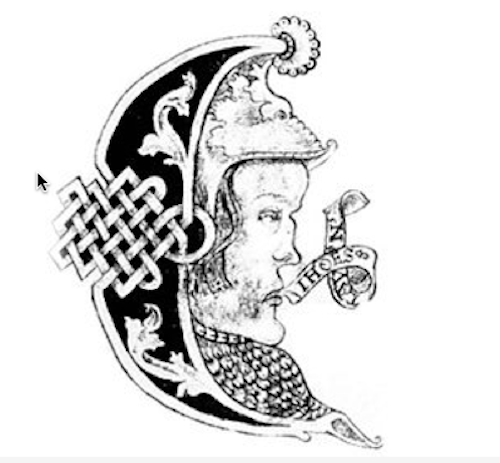
Bob Poole
&
Poole's Paradise

FROM: tvparty@bellsouth.netTO: poo@cts.com
RE: Bob Poole
Hi Fred;
You mentioned on your site that you were a fan of Bob Poole on the Mutual Network I'm writing an article on Bob who I knew very well up until his death in 1978. I just spoke with his widow today. I wonder if you have any information, memories you'd like to share for the piece? You don't happen to know of any recordings around?
Thank you so much for your time!
Billy Ingram / TVparty!§ § §
Hi, Billy:And thanks for your email.
Unfortunately I did not know Bob Poole --- only heard him when he broadcast over clear-channel WWL in New Orleans, from 11 P.M. - 12 Midnight back in 1947-1948.
All my memories of Bob Poole and "Poole's Paradise" were written up in the Summer 1998 issue of RALPH that you found at
www.ralphmag.org/fla-radioK.html American radio was far more inspired in those days. Television had come along after WWII, and everyone was concentrating on it. Network radio was dwindling; local live radio was blossoming.
That meant that there was a freedom on AM radio (for a few years) that allowed people to be loose, chatty, and friendly; in other words, to be themselves.
This was brought to high art by Bob Poole at WWL, Jean Shepherd in New York City, and the young Arthur Godfrey in Washington, D. C. (I am sure there were many more home-grown radio personalities all over the country.)
I thnk it was equal to the freedom that radio enjoyed thirty years before, when it had just come into being.
Not only was there an innocence and wit, we had, in our own city, there in the deep south, a blend of on-the-air drollness and anarchy --- humans who were being themselves. It was often very funny.
For instance, we had "Daddy Rabbit ("of the do-right habit") on WIVY, "Hank the Night Watchman" on WHRC, and "Pappy Schrappy ("makin' you happy") on WJVB. Unlike Poole, they played what was then called "race" music. And, because of the bifurcated standards of the time, they were permitted to tell rather lurid jokes and in general, be loose to chat with us on the air.
Unfortunately the FCC, having nothing better to do decided to take a station in North Carolina to task for this innocent humor ... what they, the government, thought was 'indecent.' Thus, they killed by fiat our short (ten to fifteen year) period of one-on-one freedom in American radio ... our brief time away from the networks. This freedom was not to be resuscitated until FM came into its own in the mid-1960s.
--- L. W. Milam